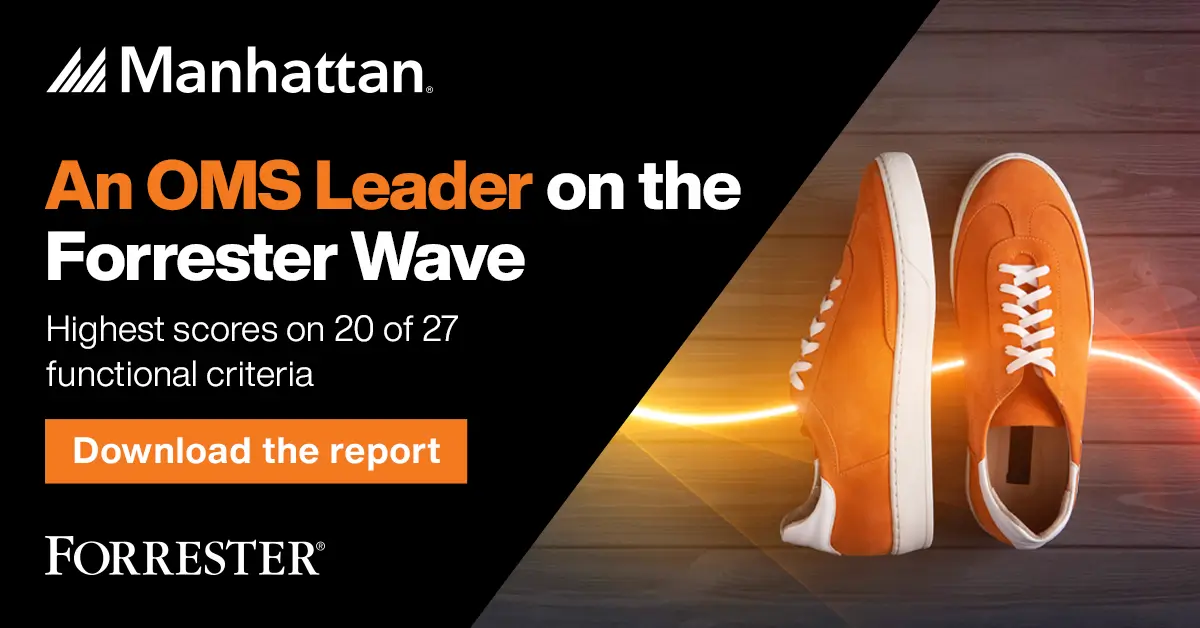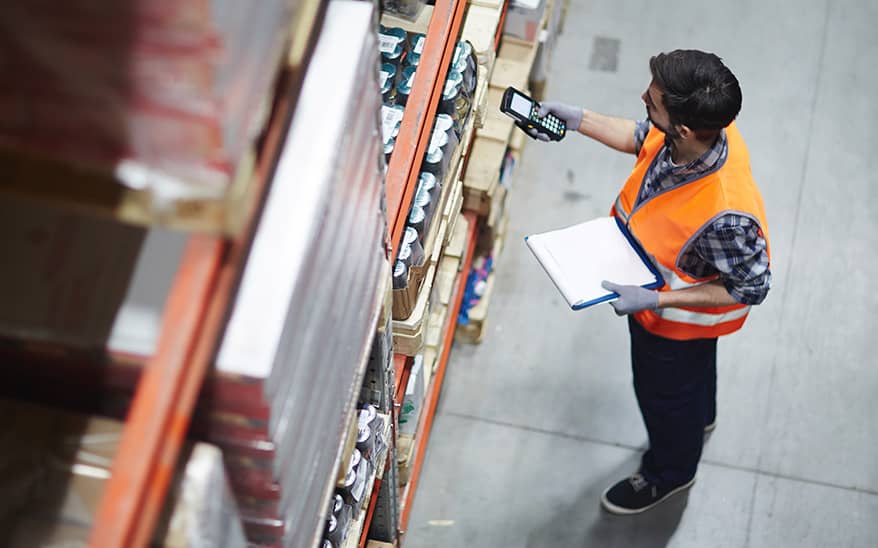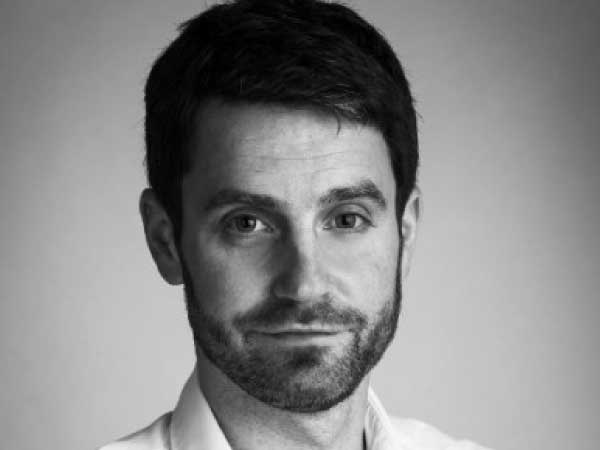Sustainability and supply chain modernisation should go hand in hand
- 20 October 2025
- Ben Sillitoe
.jpg/Zz1iNmYxYmVjYWE5YjQxMWYwODVhYjQyNDBiMWMxNzkyMg==&width=730&height=410)
Sustainability is high on the agenda for supply chain transport decision makers, and the topic was addressed at this year’s Manhattan Exchange in Antwerp.
Sustainability compliance tops the list of challenges for transport professionals working across the supply chain commerce ecosystem, with new research from Manhattan Associates highlighting it as a growing pain point for organisations.
According to ‘The Road Ahead: Unlocking the Future of Transportation Management’ study, 42% of senior decision makers with responsibility for or knowledge of their company’s transportation management operations cited pressure to comply with new, more stringent sustainability regulations as the transport limitation factor most likely to impact performance over the next five years.
It trumped systems limitations (36%) and road carrier capacity (32%) in the list of main concerns.
The research, which was based on the views of 1,450 professionals working within transportation, logistics, supply chain, IT or finance functions in North America, Latin America, Europe and Australia, also showed 69% of organisations say sustainability is either a global mandate or an area of significant pressure, and 62% have already implemented full Corporate Sustainability Reporting Directive (CSRD) reporting.
But organisations are struggling to operationalise sustainability, with 34% saying they’ve factored sustainability into operational planning and 30% noting it is built into procurement decisions. Only 31% offer low carbon or diesel alternative fuel solutions.
Manhattan says a strong transport management solution can help to deliver the analytics and capabilities needed to measure progress and demonstrate compliance, which is vital as CSRD and other legislation is rolled out globally. Indeed, the Manhattan senior leadership team reflected on the sustainability being part of “everything we do” during the Exchange 2025 event which took place in Antwerp, Belgium 6-8 October.
CEO Eric Clark said: “Sustainability continues to be a key focus for us.
“One of the areas we feel we can make a significant difference for our customers is efficiency. Transportation is an area that lots of companies can improve. Companies shipping things around with empty space or dead weight, or shipping the wrong things to the wrong place is inefficient.”
He added that the progress being made in developing artificial intelligence-fuelled products at Manhattan, which is being embedded in software it provides businesses, is there to improve efficiency, help organisations avoid shipping mistakes, and optimise routes.
Henri Seroux, SVP EMEA at Manhattan, questioned the supply chain practices of China-based retail marketplaces Shein and Temu, which have disrupted the European retail scene and taken huge market share. He said Manhattan supports the extensive work many European retailers have undertaken to reduce their carbon footprints and improve supply chain practices and called for the continent to “be united” in stopping the worst offender companies when it comes to unsustainable behaviour.
Cebeo sustainability strategy recognised
According to the Unlocking the Future of Transportation Management study, the wholesale sector is particularly attuned to the sustainability challenge, with 52% of organisations in this sector citing compliance pressures as a key barrier to success.
Manhattan Exchange was able to highlight good practice in this space, with Belgium-headquartered electrical distribution company Cebeo, which is part of Sonepar Group, picking up the inaugural Sustainability Innovation award this year.
Danny Gotink, VP supply chain at Sonepar Belgium, spoke on stage and highlighted how sustainability and automation stood “hand in hand” as part of the strategy when it opened a state-of-the-art warehouse facility supported by Manhattan software in 2023.
Central to operations there are reusable plastic totes which are distributed to customers containing their orders but reclaimed on delivery. The circular packaging decision has cut out close to one million cardboard boxes that would otherwise have been used, according to Gotink, and in the long run will clearly save the company money on packaging.
Elsewhere, Cebeo is aiming to achieve a BREEAM Excellent rating, which is an official accreditation highlighting its efforts to be a more sustainable operation through a combination of more renewable and sustainable energy, including solar, geothermal energy, heat recovery from compressors for compressed air, and cooling towers.
It's an example of good sustainability practice in supply chain commerce. Efficiency and new thinking being the start of – and fundamental to – any wider sustainability strategy.






